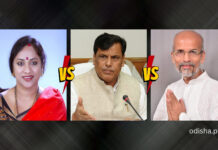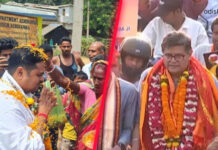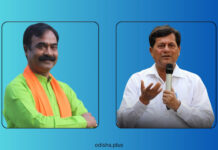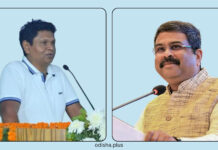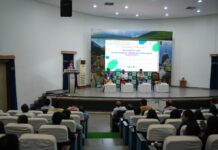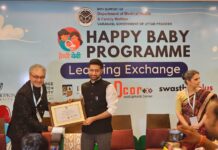Bhaskar Parichha
Death came of Richard Hughes a little over a quarter-century ago – precisely on 4th January 1984. For his friends, it was more than a personal loss – not the occasional twinge of sorrow. It was a permanent bereavement. Richard Hughes was the foreign correspondent of the Far Eastern Economic Review from 1971 to 1983 and was one of Asia’s top-notch reporters.
Born to an Irish mother and Welsh father, Hughes combined Catholicism and Calvinism. Hughes was a pressman, complete and unassuming. He began his life with a writing job in the public relations department of the Victorian Railways.

He soon joined the Melbourne Star (he was reported to have cracked, Leaving PR for journalism is like running away from sea to go to school). Then he joined Sydney’s Daily Telegraph and was sent to Tokyo. Hughes reported the events of World War II. After the war ended, he continued reporting for other wars- particularly, the Korean War.
His journalistic stints hovered around The Economist and The Sunday Times. Like all great reporters, scoops were his forte- the best known being an exclusive interview in Moscow with British traitors Burgess and MacLean. Later he shifted to Hong Kong and began writing his weekly columns.
Richard Hughes was more than a pressman. A towering personality who loved his job eminently, he was equally in the company of eminent people. Ian Fleming who was penning his James Bond thrillers was Hughes’ foreign editor and John le Carre wrote him into his books. Dikko Henderson of the Australian Secret Service in Fleming’s You Only Live Twice and Old Craw in Le Carre’s The Honorable Schoolboy are none other than Dick or Richard Hughes.
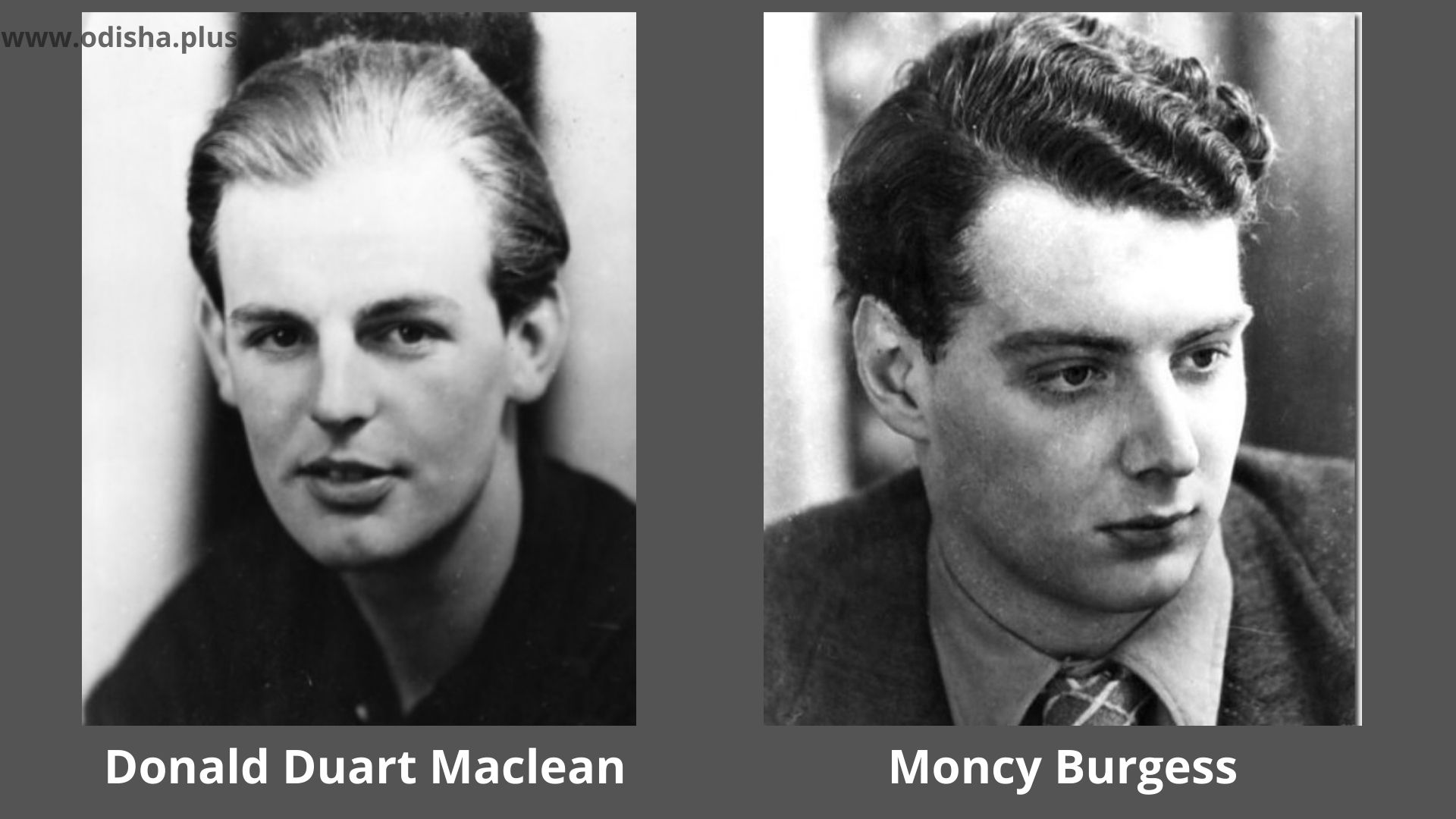
The life of Hughes as a reporter spanned nearly eight decades, most of which was spent in Asia. Hughes wrote extensively about Asia and his memoirs of those decades are chronicles of some important happenings in the continent. From hilarious events to the macabre ones, Hughes wrote all about them and with great elan.
Hughes was an avid China-watcher and in most of his reports China figured prominently. Even the first report he filed on 16 October 1971 carried a commentary on Chairman Mao Zedong’s health and Lin Biao being anointed heir- apparent.
The year 1972 was, like 2008, the Chinese year of the Rat. Hughes wrote rather assertively: The late Comrade Marx may not have heard of this celestial law of the animal calendar, and Chairman Mao himself does not refer to it in any of his manifestos; but stubbornly it persists, real and abiding, if non-ideological.
President Nixon was visiting Peking early 1972. Hughes in his ingenious style commented: ‘The Chinese comrades have their own Maoist version of champagne, which was available in an alleged nightclub in a hutung behind the old Peking market as late as 1957; but the less said about that bastardized product the better for the Washington-Peking detente.’
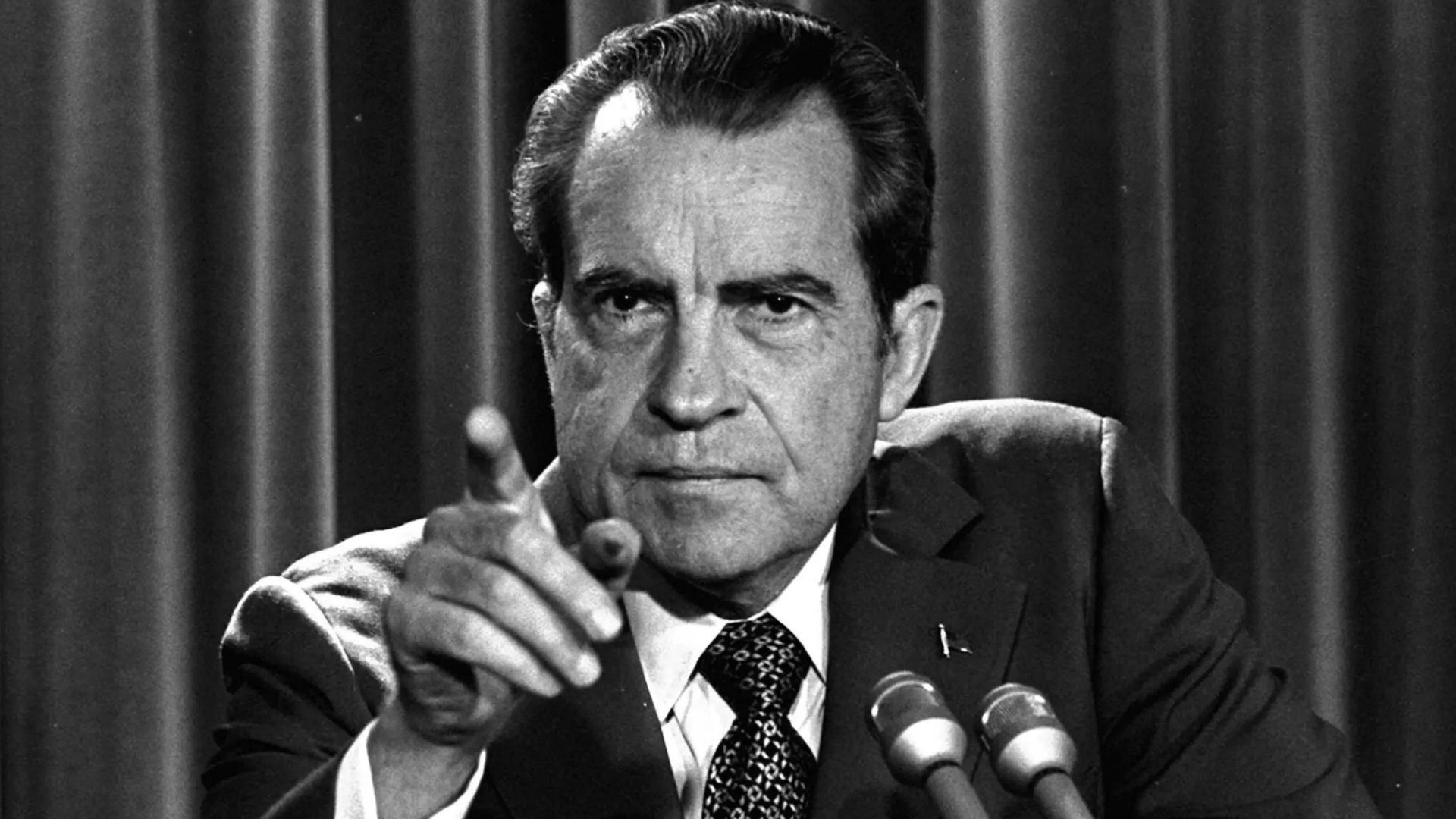
In yet another of his weekly columns, Hughes described how Comrade-Prince Sihanouk of Cambodia feared and distrusted the communists and the Vietnamese (Hanoi and Saigon alike) more than he feared or distrusted the Americans and the west.
Hughes’ oeuvre spanned from small little facts to great tributes. His piece on Mitsugoro Bando VIII, the 69-year-old Kabuki actor’s death, which he wrote in February 1975, was not only an homage but it carried an incisive analysis of the cause of this theater personality’s died-eating fugu or Japanese globefish. Mark these details which Hughes had appended in his dispatch :
‘Globefish poisoning is caused by tetrodotoxin, usually found in fugu liver or ovaries, which can be far deadlier than potassium cyanide and causes violent paralysis. Since 1958, when a total of 289 diners suffered from globefish poisoning in Japan and 167 died, only licensed cooks have been authorized to prepare fugu dishes.’
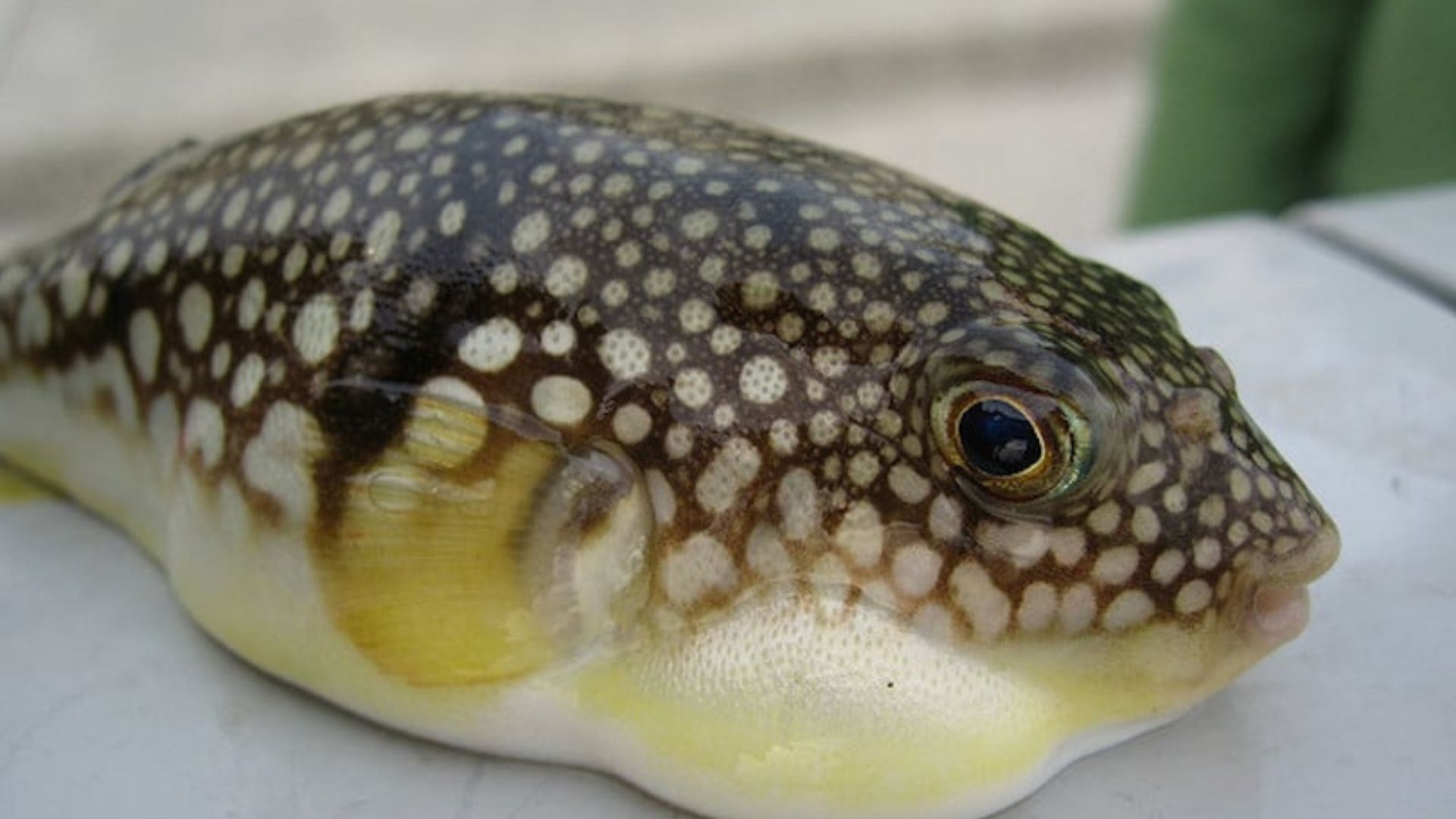
Hughes was once expelled from the press galleries of both the Senate and the House of Representatives in Canberra because of his critical remarks about an irresponsible Senate vote against John Curtin’s Labor government. As he was re-seated after being exonerated in the galleries, he was not only delighted but gave this bit of information in his column that the Canberra press is one of the friendliest in the world.
Richard Hughes’ dispatches were not always matter-of-fact reporting; some of them were comical and conversational. One such backdrop was the lunar zodiac in which Chairman Mao and Premier Zhou were born.
Here is another account of Kim II Sung of North Korea who was speculated to have disappeared from public life owing to an incurable malignant neck cancer. Hughes wrote:
‘Many of my barefoot spies in Peking and Seoul believe that when Kim II Sung sought medical advice in Rumania in 1974, he was told that he could expect to continue in public office for only two more years. This story certainly helps to explain his family-cult buffoonery and the controversial promotion of his 37-year-old son Kim Jong II as his successor.’

A September-1978 column of Hughes takes us to what happened in Indonesia in the late sixties- Ratna Sari Dewi, the one time Tokyo geisha hostess and No 3 wife of the late president Sukarno, denouncing the CIA for complicity in the abortive 1965 communist coup. In the same vein, Hughes wrote eulogistically about president Suharto: ‘He sought to retire Sukarno, the father figure of Indonesian revolution, with relative dignity and avoid humiliation of the man who had been the country’s voice for two decades. But Sukarno, that arrogant hypocrite, never gave Suharto credit for his characteristically Indonesian perception and generosity.’
No newspaper columnist can ever keep himself aloof from writing about newspapers themselves. So when Hughes attended a reception of Shimbun’s 35th anniversary celebrations he was nostalgic about the Foreign Correspondents’ Club of Japan and how it had grown to a strong 250-member association by 1946. In a similar vein he argued in one of his reports in November 1981 that the world’s first daily newspaper was not The Times but the contest was between west and East Europe or Korea. Based on various sources Hughes resolved that The Leipziger Zeitung (Korea) was the world’s first daily newspaper.

Richard Hughes’ last column was on the charade by former Australian prime minister Harold Holt’s espionage and his submarine escape to China. He, no doubt, called him a patriotic Aussie and recalled their friendship from the debating days of Melbourne. This column was submitted on 15 December 1983 and after which he never returned to write those brilliant columns once again.
Hughes columns were hilarious and sensitive to prevailing situations. He touched those niceties of life which he could handle with great aplomb. Whether it was the slave children of old Shanghai, plunging pathetic,claw-like hands into vats of boiling water to prepare silk cocoons for spinning or the Teikoku poisoner who massacred a bank’s staff for a haul of US 80 dollars, Hughes’ columns were down-to-earth.
No wonder, he was called the BAREFOOT REPORTER!
(The author is a Bhubaneswar based senior journalist and columnist. Views are personal)

